By: Kevin Grace
This presentation has been rescheduled for TUESDAY, NOVEMBER 25. The series of monthly talks in the Archives & Rare Books Library will return this fall for its fifth year. Each month at noon, ARB holds a casual presentation in 814 Blegen Library with a focus on its collections, local heritage, or book history. In the past, we’ve hosted talks ranging from the Depression-era Cincinnati WPA guide to the smallest book in the world, from Frankenstein to a book bound in human skin, from William Blake to John Milton; and from Don Quixote to the Arabian Nights. Our presentation originally scheduled for Wednesday, August 27 has been rescheduled for Tuesday November 25. This presentation will be about rare books and coffee, looking at how coffee production, trade, heritage, and lore have been portrayed by ethnographers, historians, and explorers.
Please join us for this 50 Minutes-One Book talk. Bring your lunch and your conversation, and of course, coffee will be served! Other upcoming presentations include the first female graduate of UC back in 1878; Irish poetry during the Great War, the Easter Rising, and the Irish Civil War; UC during World War II; the Hellfire clubs of the 18th century; and fairy tale and fantasy illustrators. We are also open to any ideas or presenters for these talks.

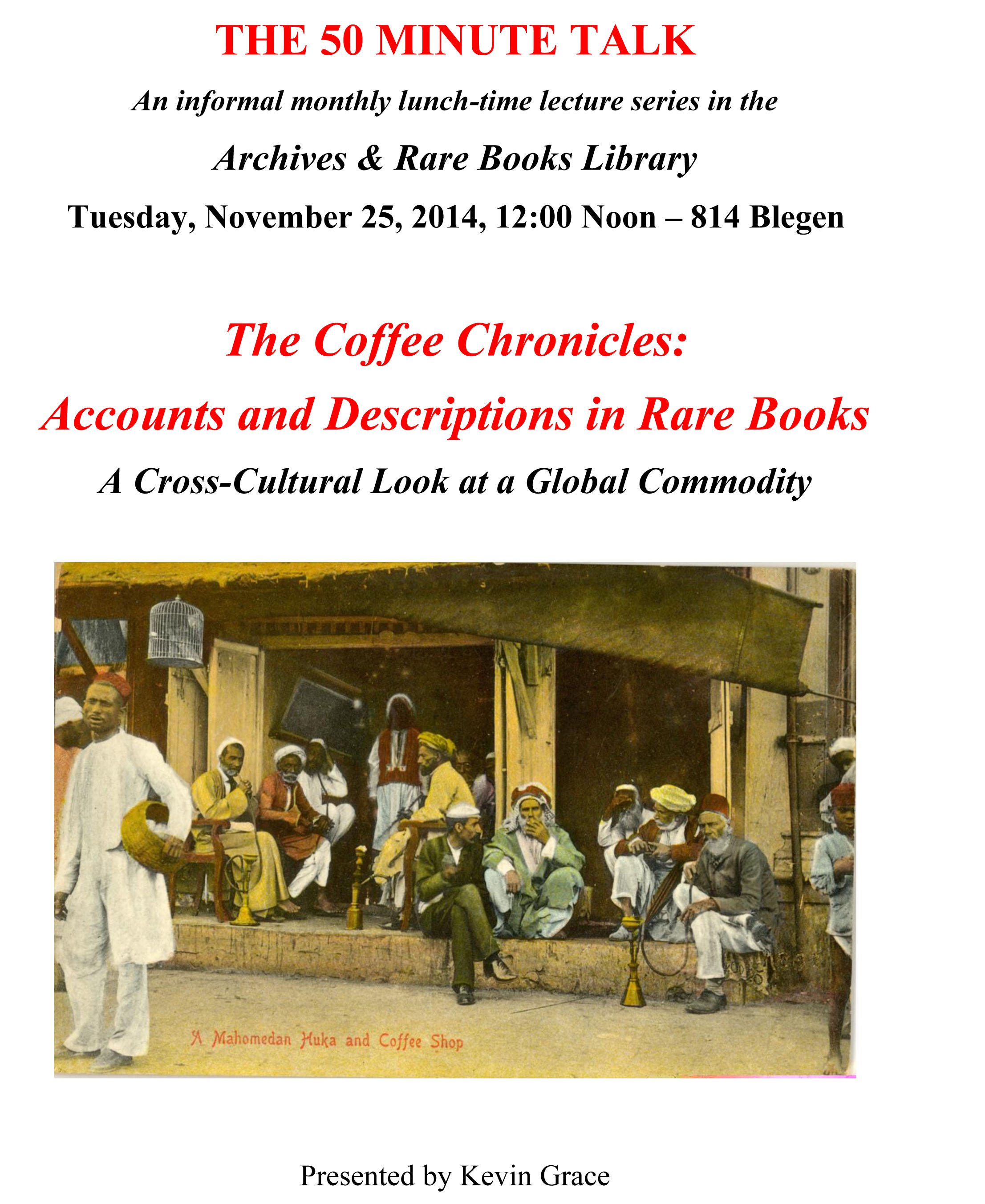
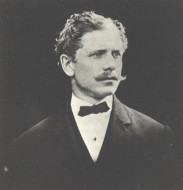
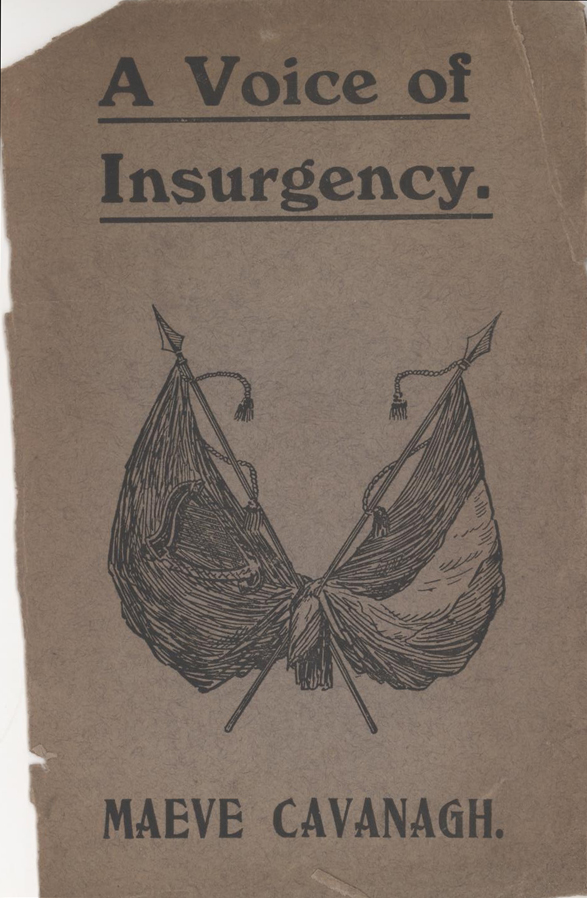
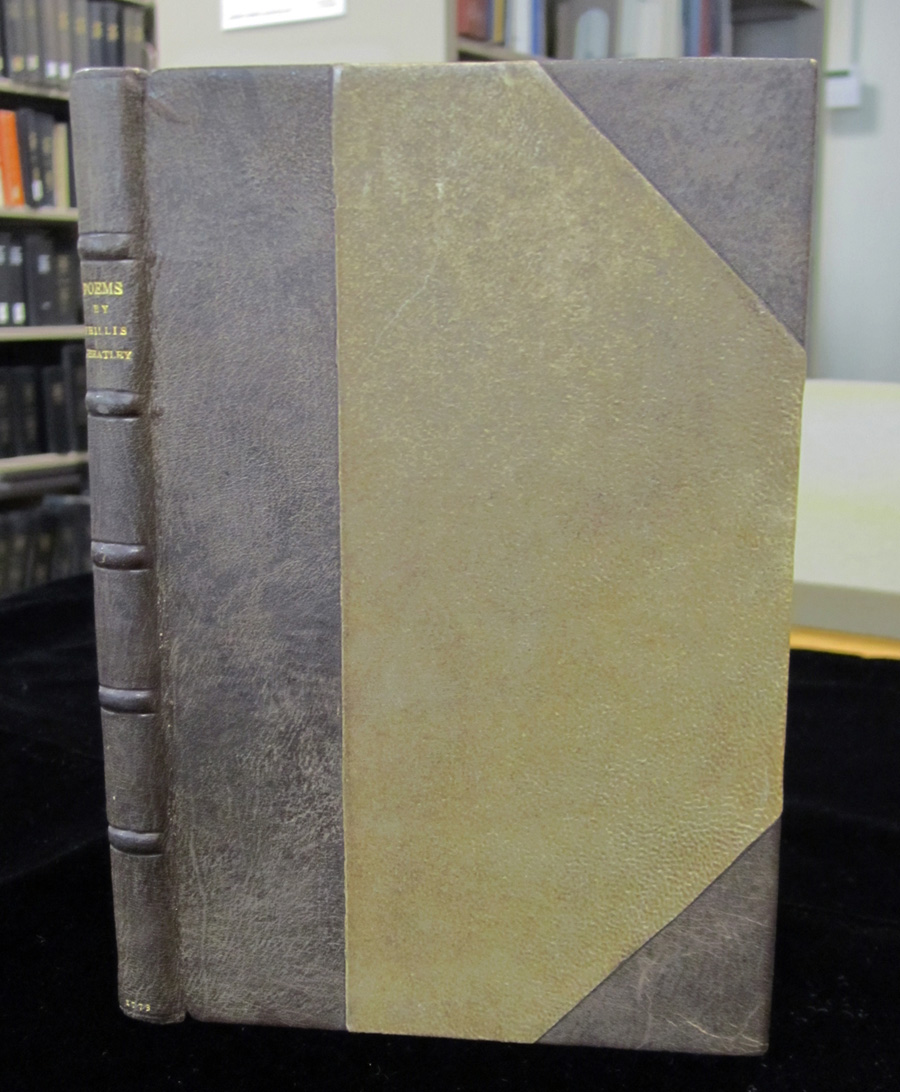
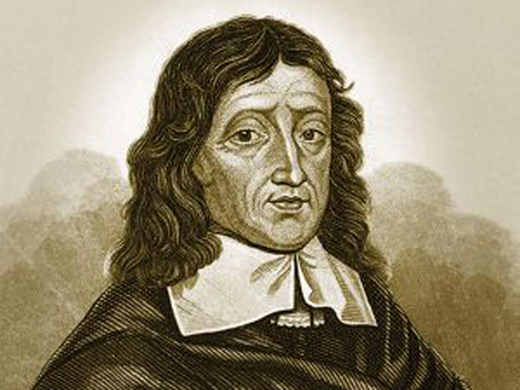 Milton (1608-1674) is one of the greatest poets and essayists in the English language. The quote, which is part of his work condemning censorship and pleading for free speech, is part of the architectural design in the library, which opened as the University of Cincinnati’s Main Library in 1930. Intended to inspire students and scholars, they are words meant both to establish the primacy of books and the written word in human culture and to draw the reader within the building to explore, to learn, to consider, and to share knowledge.
Milton (1608-1674) is one of the greatest poets and essayists in the English language. The quote, which is part of his work condemning censorship and pleading for free speech, is part of the architectural design in the library, which opened as the University of Cincinnati’s Main Library in 1930. Intended to inspire students and scholars, they are words meant both to establish the primacy of books and the written word in human culture and to draw the reader within the building to explore, to learn, to consider, and to share knowledge.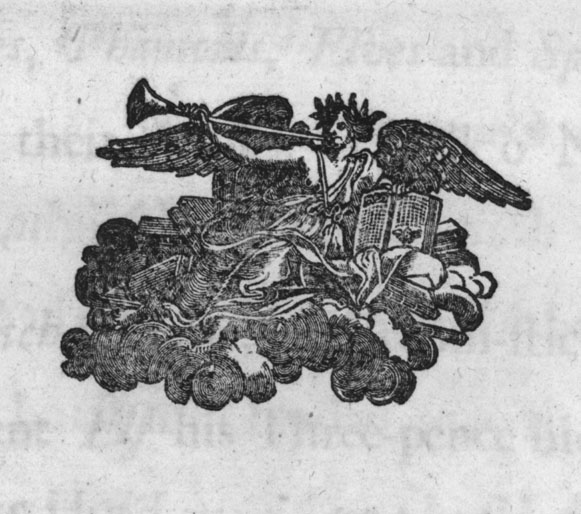 Because April is celebrated as National Poetry Month, over the next few weeks the Archives & Rare Books Library will blog about some of its significant holdings in the Rare Books Collection. Perhaps the best subject with which to begin is ARB’s outstanding collection of 18th century poetical pamphlets. Eighteenth-century literature is one of the hallmarks of the rare books holdings, encompassing drama, poetry, fiction, philosophy, theology, travel, history, and geography. And the core of this area is what we have traditionally called the Anonymous Poetical Pamphlet Collection.
Because April is celebrated as National Poetry Month, over the next few weeks the Archives & Rare Books Library will blog about some of its significant holdings in the Rare Books Collection. Perhaps the best subject with which to begin is ARB’s outstanding collection of 18th century poetical pamphlets. Eighteenth-century literature is one of the hallmarks of the rare books holdings, encompassing drama, poetry, fiction, philosophy, theology, travel, history, and geography. And the core of this area is what we have traditionally called the Anonymous Poetical Pamphlet Collection.

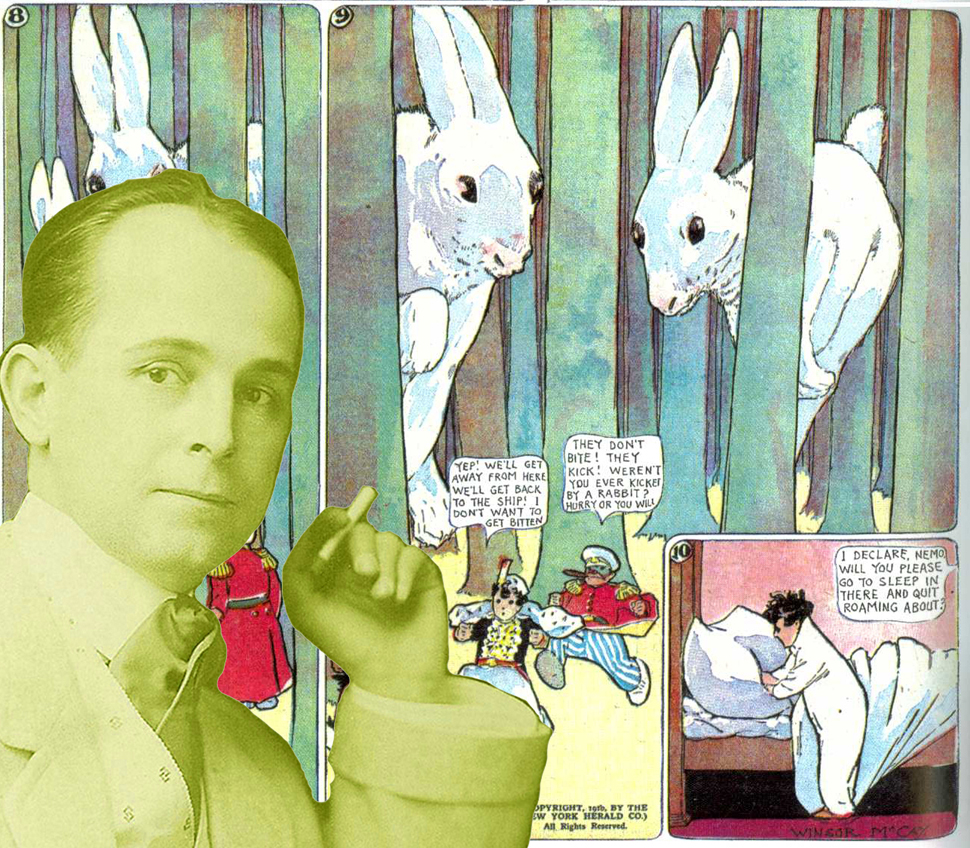
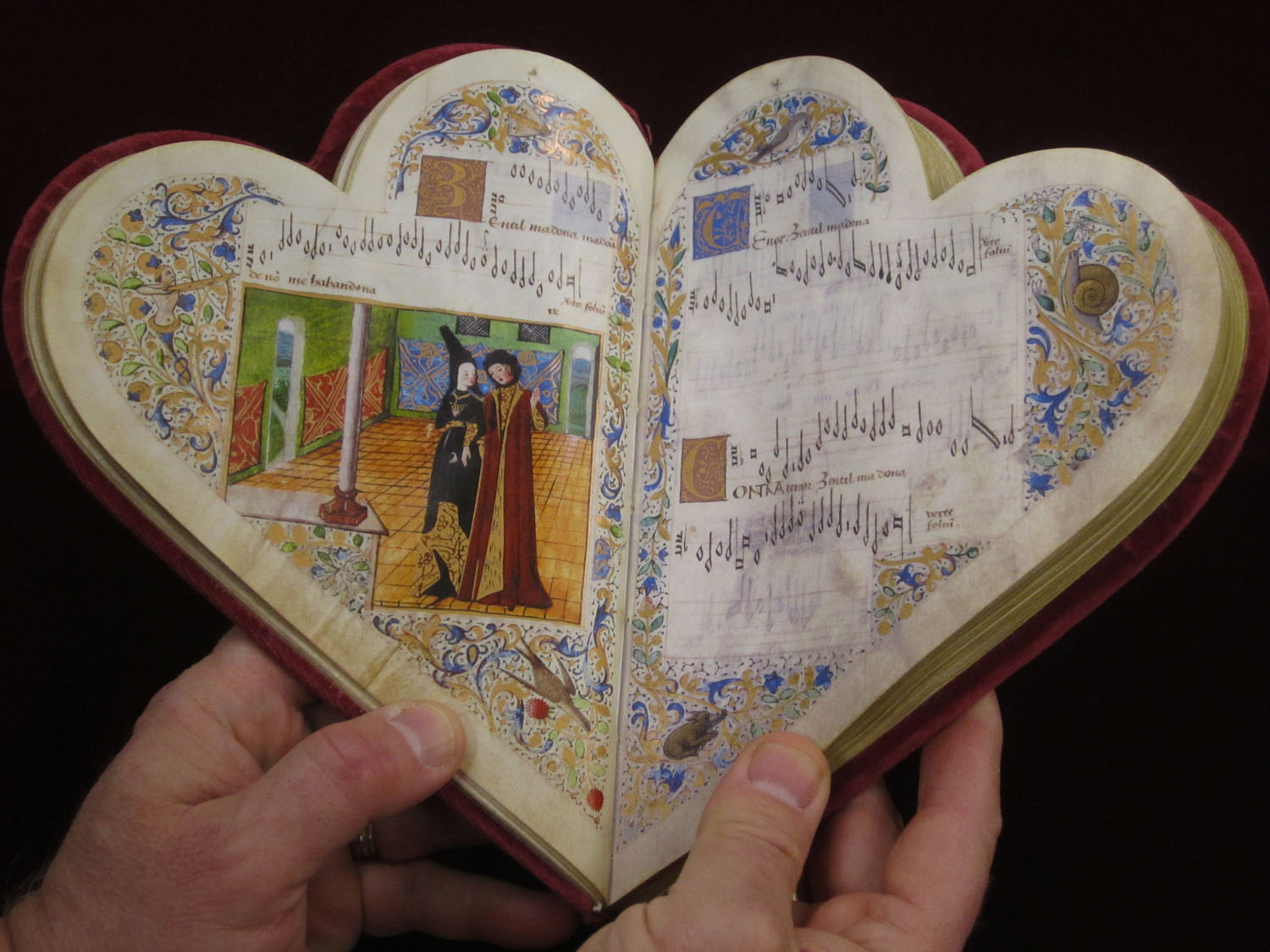
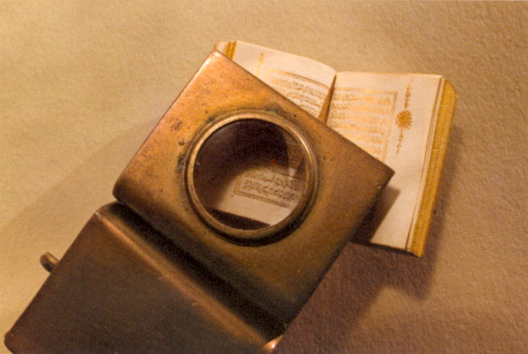 By Kevin Grace
By Kevin Grace